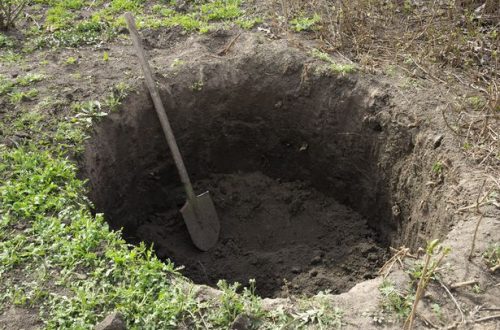This is a cross post by Danny Aylon
During the last few months, we have witnessed some bizarre conspiracy stories in the Arab world. Towards the end of last year some in Egypt called the shark attacks on tourists in the Sinai Peninsula a Mossad plan. This was closely followed last month by the “arrest” of a vulture in Saudi Arabia as an alleged Israeli agent. Unfortunately, these are just two recent examples of those in our region that identify Israel’s hand in almost everything that happens in the Middle East.
While these conspiracy theories have long been part of an authoritarian diversionary tactic from the true ills of their societies, some in the West are led by this Israel-blinkered trend, if not the actual details.
While few European or American analysts believed or paid any credence to these Zionist Dr. Doolittle stories, some still see every event in the Middle East, minor or major, as connected to Israel. Many of these analysts are so preoccupied with Israel or the so-called “Middle East conflict”, a term that ignores or dismisses all other conflicts in the region as irrelevant and non-newsworthy, that they have no understanding of the region beyond Israel and the Palestinian Authority.
One would think that the recent events in Tunisia, Cairo, Yemen and elsewhere would demand soul-searching and humility on the part of these talking-heads who pontificate from their comfortable think-tanks and self-appointed analyst positions in Washington, London and Brussels.
Some of these analysts have not amended their tired and outdated thinking even after the recent events, merely stating the relationship of the unrest to Israel and the peace process. They have become the dinosaurs of international affairs and foreign policy analysis and will not be shaken from their ideological foundations by facts that contradict their thinking.
Many of these analysts, some who claim experience in Middle East affairs, like those who claim to have been part of a peace process negotiating team when they did little more than make the tea, lack a keen understanding of the region. They fundamentally ignored the UNDP Human Development Report for Arab states report in 2009 which was a virtual roadmap for the events that took place during the last few weeks.
This report stated that the Arab world is lacking in all areas of human development, such as freedom, women empowerment and education. In addition, nearly 40% of the Arab world lives below the international poverty line. For the Arab world to merely maintain its current position, which is at the lowest rung on the development ladder, it will need to create 51 million jobs in the next ten years.
The report, co-authored by Arab scholars was a scream in the dark for many western analysts to wake up and face the very real problems affecting the Arab world. In addition, the free Arab press relates to these issues on a daily basis. However, this patronizing and perhaps even chauvinistic approach by some analysts tells the people of the region what they should be thinking rather than learning and listening.
Nevertheless, they cling to the tired and discredited claim that building a few of apartments in Ariel is what drives the so-called “Arab street” to distraction. For those who don’t read Arabic, many of those demonstrating in their capital cities wrote slogans in English to give a voice to their frustrations that the rest of the world could understand.
I didn’t see any signs about settlements, the Palestinians or the stalemate in the peace process on the streets of Tunis, Sanaa or Cairo. The few signs that did mention Israel were so monstrously antisemitic that they can be dismissed as the rantings of those who can not tolerate a Jewish presence anywhere in the Middle East and are hardly interested in any sort of peace process.
If this ideological indifference to the wider Middle East beyond the borders of Israel, which makes up around one seven hundredth of the total area of the Arab world, were contained solely within research institutes and academia then perhaps it wouldn’t be so dangerous.
However, these analyses are determining the thought processes of the decision-makers and opinion-shapers who scrambled for a coherent policy to a situation that they knew far too little about.
For a few short weeks the world was shown that there is a wider Middle East beyond the western Mashriq and that the hundreds of millions of Arabs of the region do not vent their frustration at Israeli policy, but rather seeks to better their lives in a region where greater human development is urgently necessary.
The recent debate about what is more important, security and stability or democracy and freedom, is irrelevant. We hope that the region will reach a point where all elements are satisfied. This can only be achieved if we focus on the Middle East as a whole and not look for simplistic and one-dimensional solutions for all the ills of the Middle East through Jerusalem.
To ensure this the dinosaurs, those who did not have the basic framework to understand the recent events or have not adapted to the new reality and are still quixotically searching for Israeli sharks and vultures in every Middle Eastern event, must be challenged.
Only then can the trials and tribulations of the region, of which there are many, including the Israeli-Palestinian conflict, be properly identified and resolved.


